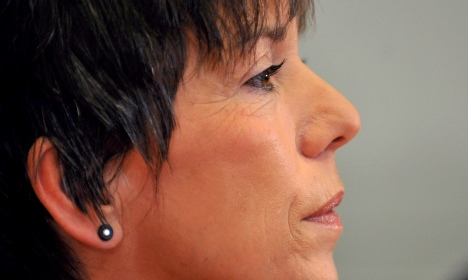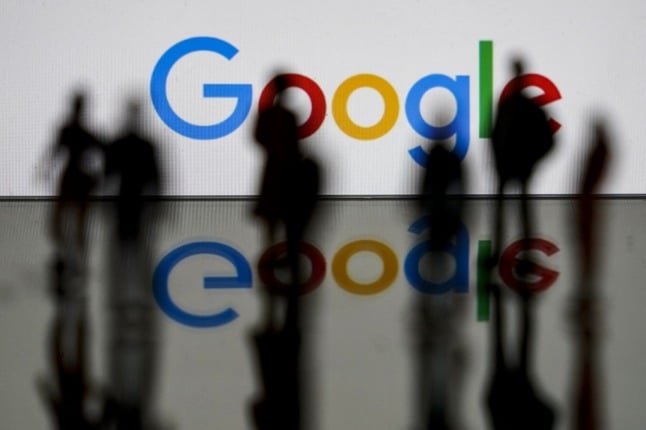Bishop Margot Käßmann, the first woman head of Germany’s Protestant churches, stepped down on Wednesday after being caught driving drunk over the weekend. She was pulled over after running a red light and blew a blood alcohol level of 1.54 per mill, according to the public prosecutor.
Her resignation came despite the church’s council leaders publicly backing her to stay on as leader. Käßmann said she no longer had the moral authority to comment on issues such as the war in Afghanistan, which she has sharply criticised.
The issue has divided German media commentators, with some praising the decisive way she took responsibility for her mistake for the good of the church and the community, and others pointing out resigning was the least she could do.
The centre-left Süddeutsche Zeitung congratulated Käßmann for quickly stepping down rather than trying to cling to her office and said the episode could even be turned into a win for the church.
“Her resignation is not the act of the weak but rather of the strong,” the paper said. “The Council of the Evangelical Church had wanted to keep her in the office and had expressed its faith in her – and thereby given her the chance to decide her future completely on her own. And Käßmann has chosen well: She positions remorse in opposition to malice, humility in contrast to humiliation.”
The paper went on to point out that not all politicians and other prominent people in Germany seemed to know when it was time to step down.
The whole incident was also an opportunity, the paper said, for all Germans to ponder the issues of morality and personal responsibility surrounding drink driving – which it branded a “mass phenomenon.” In this sense, it could be turned into a victory for the church.
“Driving under the influence is, particularly by people in important jobs and offices, a overestimation of one’s abilities. The person is, however, whatever robes they wear, whichever medals hang around their necks, still just a person of weak nature, who still has to show real strength. Margot Käßmann has just pulled herself together again.”
Centrist Berlin paper Tagesspiegel was also broadly supportive of Käßmann – saying the incident displayed she was a person like any other and that her decisive resignation “commands great respect.”
It was a “tragic and black day” for the leadership of the Protestant churches – which would have trouble finding someone as suitable as Käßmann to replace her.
Only good fortune had ensured that Käßmann was not burdened by even greater guilt the night she was arrested – by killing or harming someone else on the road, the paper pointed out.
But it also noted that she was “sympathetic, down-to-earth and unpretentious” in contrast to the church, whose image was one of “arrogance, aloofness and imperviousness.”
“She is still just a person. Such a description has been heard about few dignitaries as often has it has been about Margot Käßmann. Through her weakness, especially such a public kind … she is brought closer to the people,” the paper wrote.
“But maybe a period of spiritual reflection about the central task of the church has to follow such a thunderclap … Humility, a bit of calm, the building of new trust and the recovery of the image in the community – that is the order of priorities. After all, even Christ was human.”
Conservative daily Frankfurter Allgemeine Zeitung was less forgiving. In a commentary titled, “A case of loss of authority,” the paper criticised Käßmann’s tenure as leader, particularly her war of words with Defence Minister Karl-Theodor zu Guttenberg over the military deployment in Afghanistan.
“In recent weeks in the Afghanistan debate she yielded not one iota and she resorted to a petty war of press releases with the defence minister over the question of who had invited whom to have a discussion on the issue and who would accompany whom on a trip to Afghanistan.”
The paper said colleagues had advised her to moderate her hard-line stance but that she had rejected the suggestions.
Her free choice to resign had also been disingenuous, the paper said. By the time daily Bild broke the story, some 200 people, up to and including the Interior Minister of Lower Saxony, Uwe Schünemann, knew of the drink driving episode.
Her choice to resign was “a choice of decidedly forced freedom,” it concluded.



 Please whitelist us to continue reading.
Please whitelist us to continue reading.
Member comments